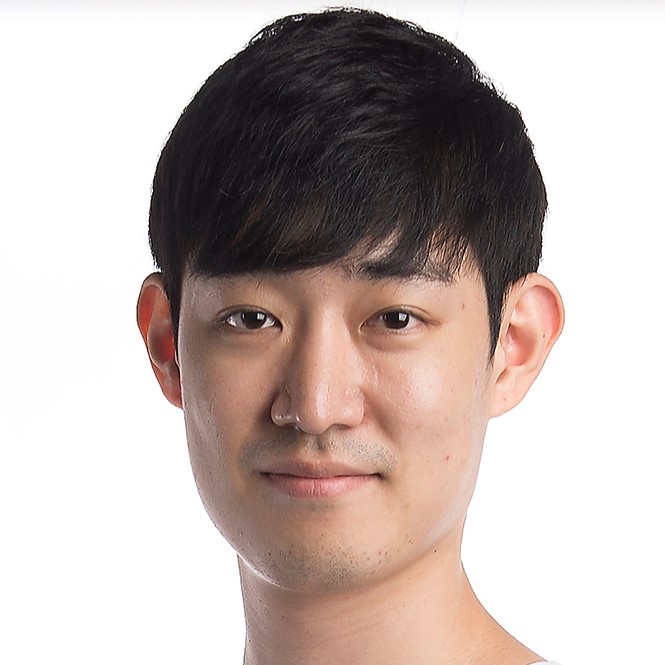'Chairman Bang took on risk himself and agreed to put-back option,’ Hybe says
By Kim Jae-heunPublished : Dec. 2, 2024 - 18:57

Hybe said on Monday that Chairman Bang Si-hyuk secured approximately 400 billion won ($285 million) during the company’s initial public offering in 2020 by executing what is called a put-back option at the request of one of its investors, adding that the arrangement does not violate the Capital Markets Act.
“In 2018, STIC Investments came to us and strongly requested our IPO timeline, worrying about uncertainties. When we refused, they demanded a put-back option instead,” a Hybe official told The Korea Herald. “But the company couldn’t sustain itself under such conditions. That’s when Chairman Bang took on the risk himself and agreed to the put-back option.”
A put-back option is an IPO term used in Korea allowing investors to sell an asset back to the issuer or a designated party at a predetermined price and time, providing protection against adverse market conditions.
“In return, we decided that he (Bang) would receive 30 percent of the profits if certain conditions were met. This arrangement was reviewed by four underwriters and four law firms to ensure compliance with the law before proceeding,” the official added.
The Financial Supervisory Service recently confirmed it would investigate Bang’s case, in which he allegedly entered into a “secret agreement” with private equity funds and profited 400 billion won from Hybe’s listing four years ago. The PEFs involved include STIC Investments, Estone Equity Partners and New Main Equity, which held Hybe shares.

Under these agreements, STIC Investments agreed to pay Bang approximately 30 percent of the sale proceeds if Hybe successfully completed its IPO. Conversely, if the IPO was not completed within the specified time frame, Bang would repurchase the PEF shares at their original value plus a predetermined interest rate.
Estone PE and New Main Equity had similar agreements, with some variations in terms. Collectively, under the so-called “earn-out” agreements, the PEFs paid Bang around 400 billion won in cash.
Hybe debuted on Oct. 15, 2020, with shares opening at 270,000 won ($192.36) -- double the offering price of 135,000 won -- and briefly peaking at 350,000 won. However, as PEFs began offloading shares, the stock price nosedived to 140,000 won within two weeks.
While Bang and the PEFs reportedly profited significantly, Hybe's share price plummeted by 60 percent within a week of its debut, causing substantial losses for early retail investors. The lack of disclosure regarding these agreements during the IPO process left early investors unaware, drawing widespread criticism, with some questioning why the agreements were omitted from the securities filing.
The financial authority is probing whether the agreements violated capital market regulations.
“We plan to immediately investigate potential violations of the Capital Markets Act involving Hybe and Chairman Bang,” a local media outlet quoted a Financial Supervisory Service official as saying Friday. “There are numerous areas to review, including the process through which a private equity fund acquired Hybe shares prior to its listing and whether there were omissions of critical information in the securities filing.”
“Additionally, we will focus on examining the appropriateness of the listing procedures and investigating any suspicions of fraudulent transactions during this process,” the official said.
The Korea Exchange, which oversaw the IPO listing, also confirmed it is examining the relevant documents to determine any legal violations.
The Hybe official denied any wrongdoing, saying that the IPO process was entrusted to the underwriters.
Hybe’s IPO was led by NH Investment & Securities, Korea Investment & Securities, and JP Morgan as the main underwriters, with Mirae Asset Securities serving as a co-underwriter.
“We relied on the underwriters for the IPO process. Four law firms reviewed domestic regulations, financial laws and even US SEC requirements. It was the underwriters who decided not to include certain details in the securities report submitted to the exchange. We proceeded based on their guidance,” the company official said.
Bang used a significant portion of the funds paid by the PEFs to strengthen his managerial control of the company, purchase property for business purposes and pay taxes.
Hybe confirmed to The Korea Herald that roughly half of the 400 billion won was paid as income tax on the profit Bang earned from the PEFs.
It is estimated that Estone Equity Partners and other Hybe investment funds liquidated all their Hybe shares and dissolved the funds around mid-2021, distributing the proceeds to Bang in cash.
"Chairman Bang reported the income to the National Tax Service and, being in the highest income tax bracket, is believed to have used approximately half of the income in paying taxes," a Hybe official said.
In June 2021, Bang utilized a portion of these funds to participate in a rights offering to reinforce his control of Hybe. He subscribed to the entire 154.8 billion won in shares allocated to him, using 64.8 billion won in personal funds and securing 90 billion won through a stock-collateralized loan from NH Bank, of which 40.5 billion won was repaid last year.
Bang also invested in property in Beverly Hills, Los Angeles, in 2022. Through a personal real estate investment firm established in February that year, he purchased a luxury mansion for $26.4 million.
Hybe clarified to The Korea Herald that the funds received from the PEFs were not used to purchase the mansion.
According to the company, the mansion serves multiple purposes, including hosting business meetings with key figures in the US entertainment industry and accommodating Hybe producers working on local music projects.
“It’s customary in the US entertainment sector to hold discussions at executives’ residences rather than at restaurants,” the official added.




![[Reporter’s Notebook] Inside Korea’s diplomatic failure at Japan’s memorial ceremony](http://res.heraldm.com/phpwas/restmb_idxmake.php?idx=644&simg=/content/image/2024/12/01/20241201050033_0.jpg&u=20241202202714)

![[Herald Interview] Director of 'Jeongnyeon: The Star is Born' discusses bringing together viewers across ages, genders](http://res.heraldm.com/phpwas/restmb_idxmake.php?idx=644&simg=/content/image/2024/12/01/20241201050022_0.jpg&u=)










![[From the Scene] 'More Than APT' talk event sparks fresh ideas on how to live](http://res.heraldm.com/phpwas/restmb_idxmake.php?idx=652&simg=/content/image/2024/12/01/20241201050062_0.jpg&u=20241201190516)
